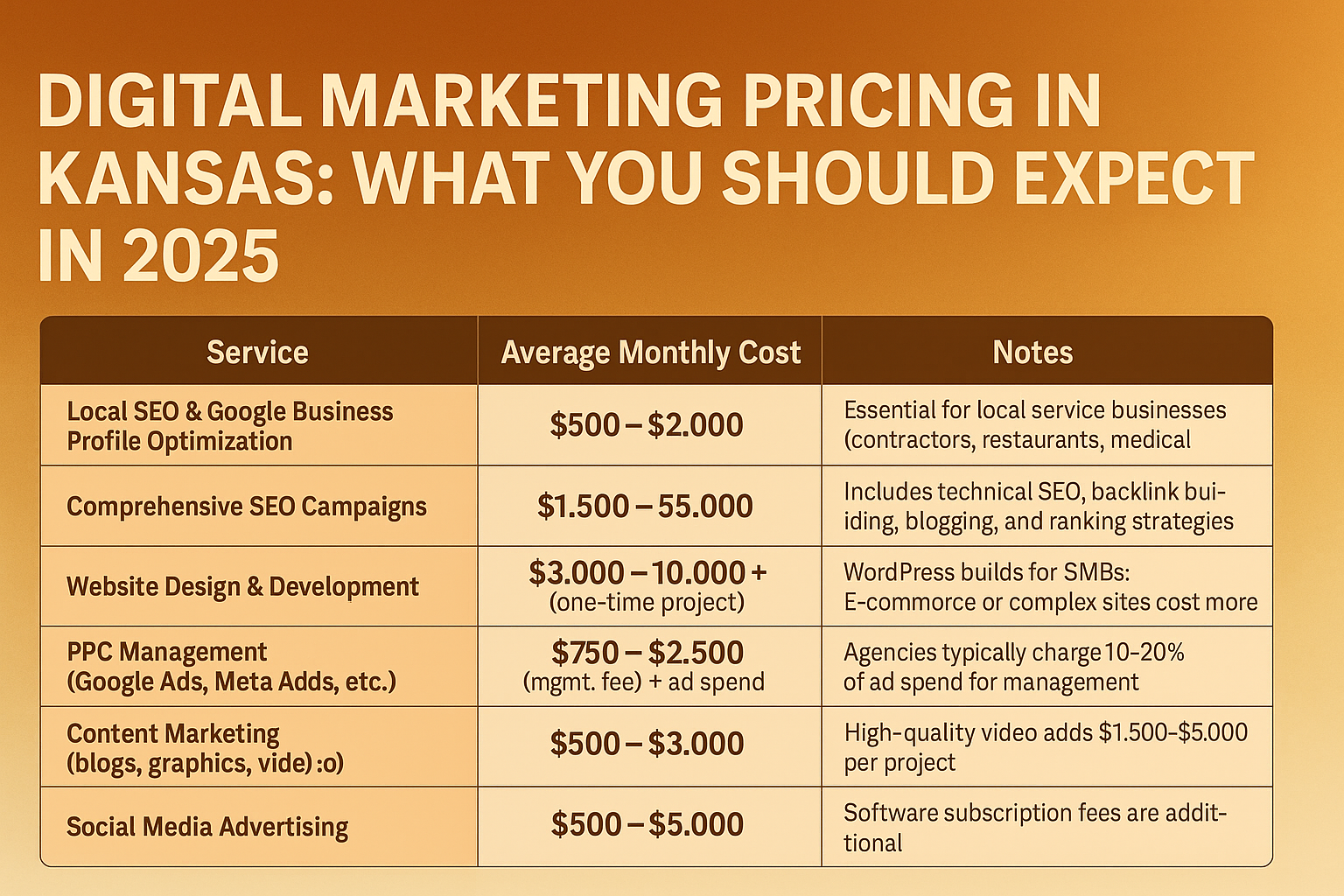How do you know if you are an effective entrepreneur or small business owner? What are you doing to make yourself and your business run as efficiently as possible? Who or what are you measuring yourself against?
Sometimes it’s hard to know whether or not you are doing enough for your small business. It can be even harder to see when you are doing too much, or what actions are a part of your routine when they needn’t be. We’ve compiled this list of the habits of successful entrepreneurs and small business owners to help you keep yourself and your business in tip-top shape.
Wake Up
It seems simple, but one of the most under-thought parts of your daily routine can be your wakeup time. Are you getting up with just enough time to grab a coffee and sprint out the door? Are you getting up with enough time to hit the gym before work? What needs are you satisfying before the day really begins?
Precisely when and how you begin your day can have a massive impact on the yield of the rest of the day’s work. It is important that you put some thought into your wake-up time. Make sure that you wake up with enough time to be fully awake by the time you sit down at your desk for the day. Try waking up an extra hour early and taking a jog, or spending some time praying, or just sitting still and thinking. This extra hour can make all the difference.
Have a routine
Consistency is key. Routines not only help your day run smoother, but they help you get into focus easier and approach the day with more clarity from the get-go. Routines also help you take care of yourself and your own needs, in a timely and healthy manner. They help you lock down your schedule often approach multiple tasks faster than you could without a plan in place. Make sure that you find a routine that works for and that serves your own interests. Make a plan and stick to it.
Stay Inspired
What gets you out of bed in the morning? You have coffee to help shock your body into gear, but what are you doing to get your mind going? It may not seem like a necessity but making sure that you have something to engage your imagination first thing in the morning is a habit strongly encouraged by many leading entrepreneurs and self-help advocates such as Tony Robbins. Getting inspired gives you something to look forward to, and also helps to refine your goals. Specifically, this helps you dream up end-goals or big picture items that you aspire towards. So whether you read a quote akin to something from a fortune cookie, you watch a Ted Talk, or you just stare at your dream board- take some time each morning to get and stay inspired.
Set Daily Personal Goals
What do you hope to accomplish at the end of the day outside of your business? It can be something simple, such as only having one cup of coffee or having abstained from sugary drinks. It can be something a little more difficult such as having gone down a few pounds or made X-number of new connections. Maybe it’s something more abstract, such as cutting down on negative self-talk or spending less time caught in anxious thoughts. Make sure that at the end of each day you have something to look back on and be proud of. Or, make sure that you can look back and figure out what went wrong and how to change that for tomorrow. Your personal growth is just as important as the growth within your business.
Set Daily Business Goals
What did you do to advance your business today? What did your team accomplish? Does this meet expectations or fall short of them? As important as it is to have personal goals, you need to be setting goals for yourself as an entrepreneur, your team, and your business as a whole. You should also encourage your team to be setting daily goals for themselves. The best way to advance is to make steady progress forwards. Push your business to achieve its daily goals and when those become commonplace, set new ones. Make sure to reward yourself and your business for meeting daily goals and targets, and when those metrics aren’t met, make sure to access and figure out how you need to either refine the goal or how you can improve the process for your team as they attempt to reach it.
De-clutter
Clutter is not conducive to a healthy routine or for a productive day’s work. However, you need to start thinking about the clutter in two different ways. Most people can easily spot physical clutter such as a messy desk or a garbage can in need of being taken out, but it is easy to ignore or overlook mental clutter. Where are you overloading your brain and headspace? A big component of clutter is social media. It’s common for most people to roll over and check their messages, emails, and feeds right after they wake up. But how long are you doing this for? Checking Facebook is one thing, but also checking Twitter, Snapchat, Instagram, and LinkedIn can quickly add up to a half-hour gone from your day. Start your mind and body off with a clear workspace. Declutter your mind as well as your desk and start working more efficiently today.
Keep an itinerary
When you arrive at your desk each morning, do you know exactly what you will be doing and when? What time are you taking your lunch? When will you finish your first task? Your second? An easy way to hold yourself accountable is by setting and keeping, an itinerary. You know how long certain things should take. You know where the bulk of your time can best be dedicated. Set an hourly schedule for yourself and see where you are and aren’t staying ahead of your itinerary. Where is time being wasted? Where are you not spending enough time, and on what activities? Not only does this help you access the successes and failures of your day, but it also helps you to keep with a routine and to be able to track your progress from day’s beginning to day’s end.
Knock the Hard Tasks Out First
What is the hardest part of your day today? When do you plan on taking on that task? For many people, they put the hardest thing off until the end of the day. The problem is, this then becomes a drain on the entire rest of your day. All morning and afternoon you are dreading what lies ahead of you. So, your day becomes significantly less productive because you are putting this task ahead of you. But what if you spent the majority of your day with this task behind you?
When you put your hardest task at the beginning of your day, you remove that cloud from above your head much sooner. So not only is your largest or most difficult task done early, but you no longer have it hanging over you throughout the day and all of your other tasks now go smoother as well.
Analyze your Success
How do you know if you have had a successful day or not? What went wrong and what went right? If you aren’t taking the time to analyze these questions, or if you don’t have any means of tracking them in place, to begin with, you are doing yourself zero favors. It is important to build some time into your day for reflection and analysis. Take some time to think about how your routine helped you, or what parts of it need to be reworked. Take the time to measure yourself up against your goals and see how you can refine your process tomorrow.
Make Connections
Who did you talk to today? Was it formal? Jovial? Did you speak face to face? Over the phone? Over texts? How did you make real, human connections today? You don’t need to be hunting for a new best friend each morning, but you need to be making and growing both your personal and your business connections. This not only helps boost your personal mood, but it helps maintain friendships both within and without the office, improving morale for you and your team.
Keep Your Priorities Straight
Is there anything in your daily or weekly routine that doesn’t need to be? Are you spending too much time on smaller items and missing the big picture?
Don’t get so caught up in sticking to your routine that you let important things slip by or lose the attention they require. Make sure that your priorities are straight and that you are focused as much on your end goals as you are on your day to day items.
Be Inquisitive
It is okay to ask questions. It’s even more okay not to have an answer to everything. The greatest tool at your disposal is the ability to seek out new answers and to learn new things. Inquisitiveness is not a weakness; it is one of your greatest strengths. Make sure that you are always questioning. Question the process. Seek out its flaws and search for new improvements. Question things you think you already know. Especially question what you don’t already know and find the answer.
Seek out Opportunity
The same old same old is a recipe for stagnation. If you want to achieve and reach loftier goals, you need to continually seek out new opportunities. Who can you talk to that you haven’t spoken to before? What can you learn that you aren’t currently an expert in? Where can your business seek out new streams of revenue?
Find new ways to grow both personally and professionally, don’t get so caught up in what’s typical that your business becomes stagnant and outmoded. Make sure that you are pushing yourself and your team as much as you did when you had no clients and no revenues coming in.
Baby Steps
If you are only focused on the endgame, big picture goals, you are going to fail. The baby steps are just as important as the leaps and bounds because baby steps are what leaps and bounds are comprised of. A steady plan to reach your destination is far better than a quick scheme to cut the corners and hope for a shortcut. Make sure that you are continually moving forward, even if it is just inch by inch each day.
Fail Often
Failure is okay. You are not going to win all of the time. And if you are only coming away with victories, odds are that you aren’t pushing yourself or your business enough. Don’t go easy on your business because your competition sure won’t. Make sure that you are reaching for new heights and attempting new processes. They might not turn out to be a good fit for your business, but that drive that takes you to new opportunities and the wisdom you’ll gain from finding out what doesn’t work will do more for your business than just repeating the same routine and playing it safe.
Delegate
Utilize your team. Your coworkers, employees, and even higher-ups are there to help you as much as you are there to help them. Collaboration is integral to any successful business. Believe it or not, the people under you are probably clamoring for more action just as much as you are. Don’t be afraid to bring them into the loop when things challenge you, or to unload some of your plate onto theirs when necessary.
Conclusion
There is no ultimate secret to success or surefire path to becoming a successful entrepreneur or small business owner. However, committing to the right habits can set you and your business straight and make success both a much more discernable and much more achievable goal.
Featured Image:




















